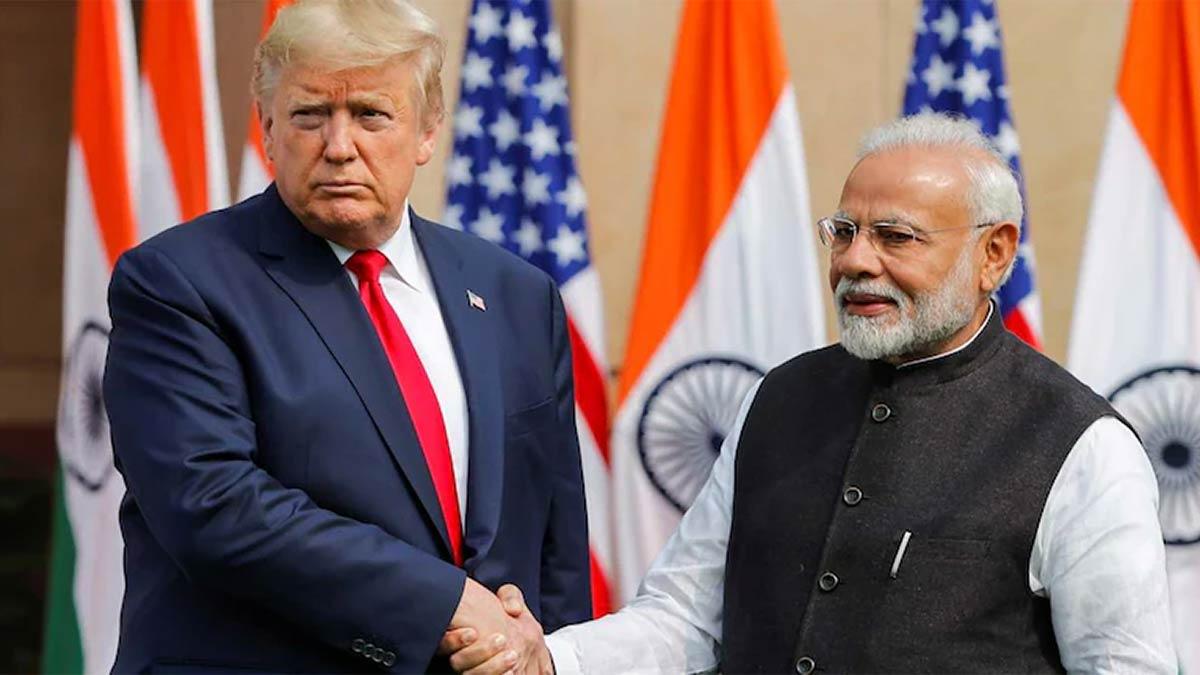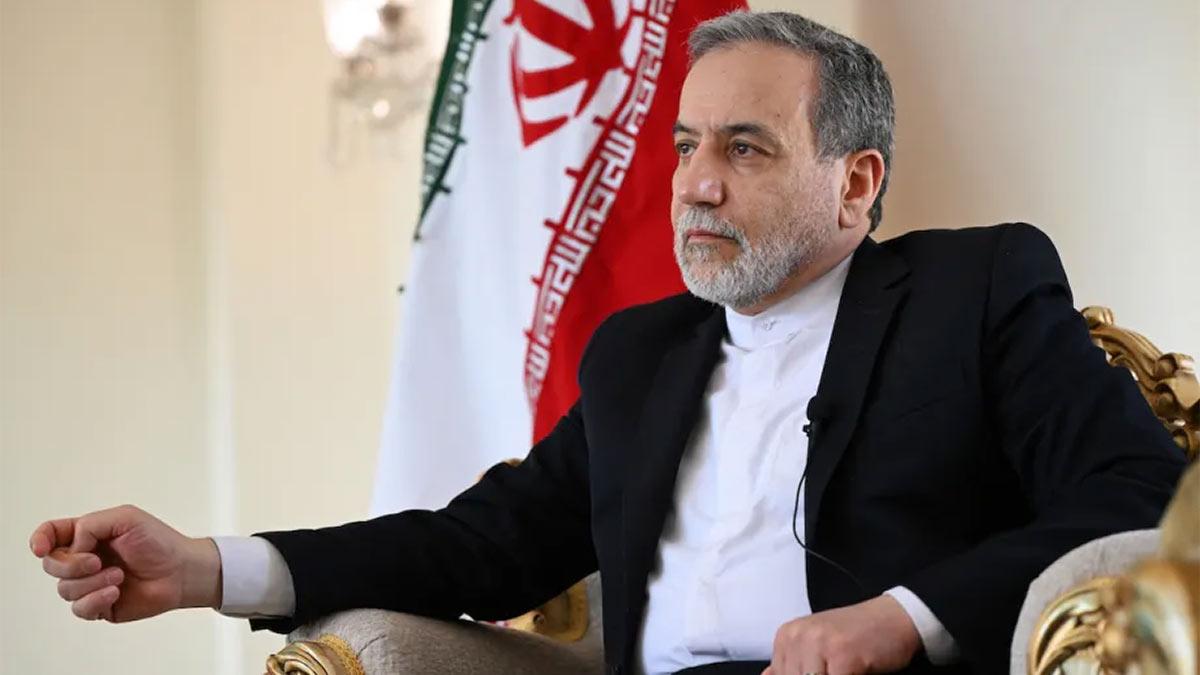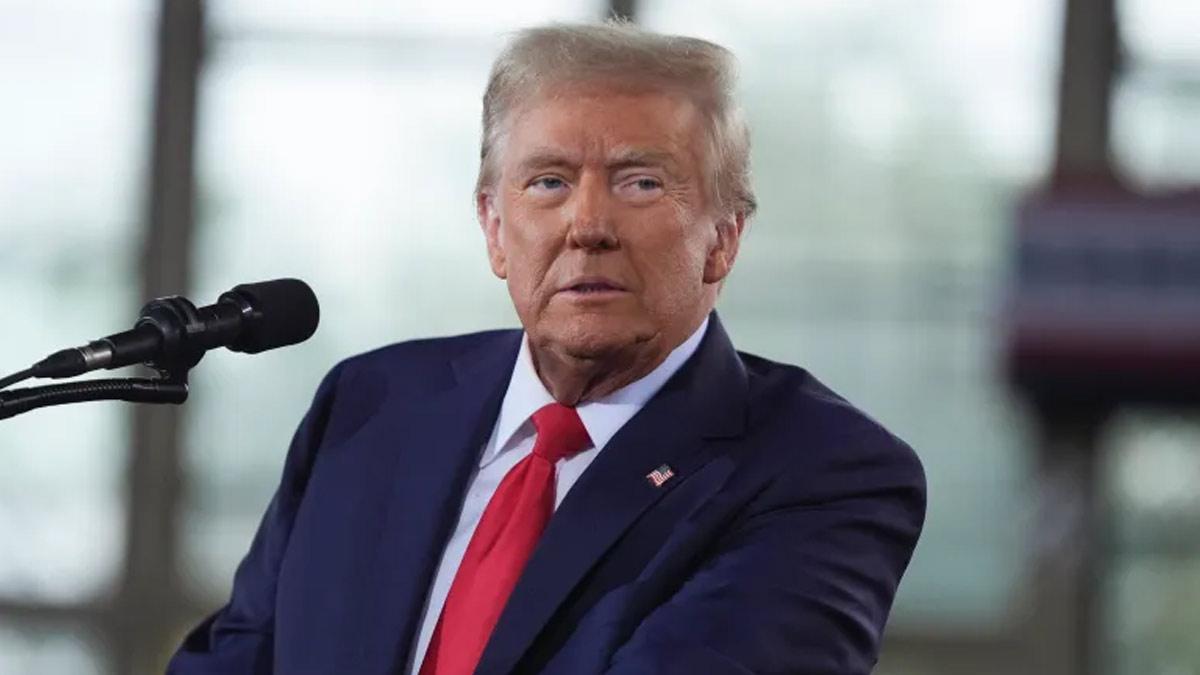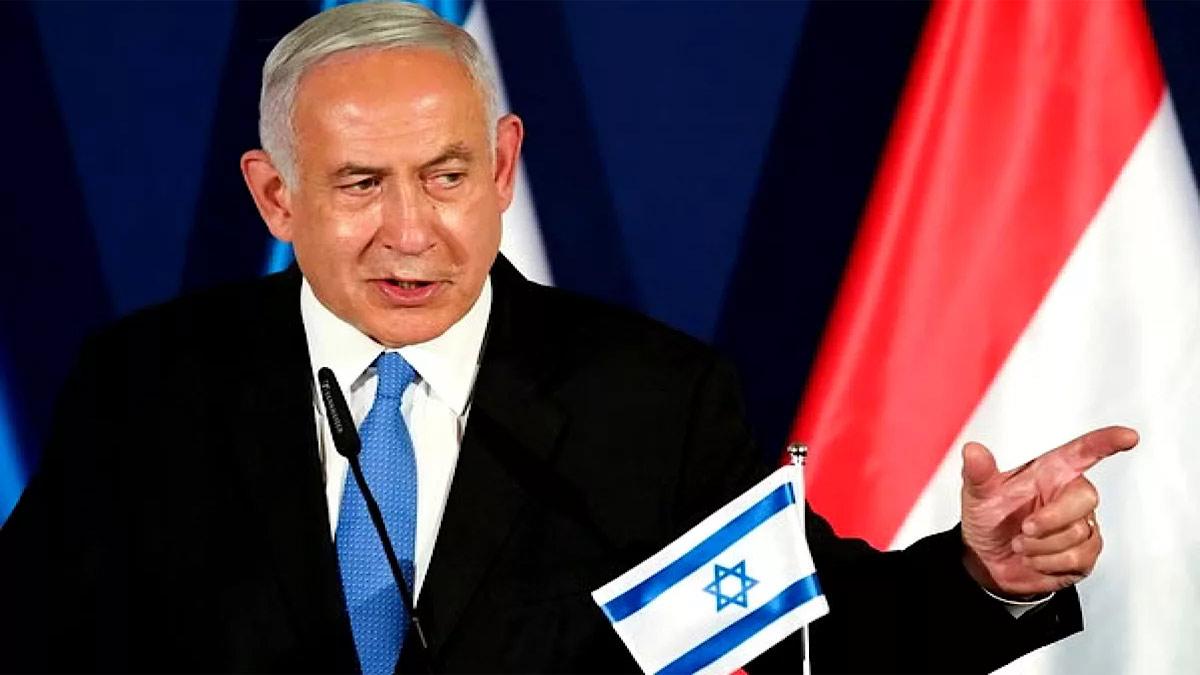Pakistan strongly protested Friday at the mention of purported cross-border terrorism in the joint US-Indian statement, deeming it to be "one-sided, misleading, and against diplomatic norms."
Shafqat Ali Khan, spokesman of the Foreign Office, expressed dismay at US sales of weapons to India too, warning they could upset the regional military balance.
US President Donald Trump and Prime Minister Narendra Modi called on Pakistan to act fast to prosecute the perpetrators of the 26/11 Mumbai bombings at their Thursday (Friday am IST) meeting in Washington.
In a joint statement with Modi, Trump called Tahawwur Rana, one of the architects of the 26/11 attacks, one of the "very evil people" on the planet and announced his government has approved his extradition.
Although Islamabad has made efforts at counterterrorism with Washington, Khan was taken aback to find a Pakistan-specific remark in the statement during Pakistan's weekly media briefing.
We consider the reference to Pakistan in the "India-US Joint Statement of February 13, 2025" to be biased, deceptive, and in violation of diplomatic standards," he said.
To prevent disasters such as the Mumbai bombings, the joint statement centered on organizations such as Lashkar-e-Tayyiba, Jaish-e-Mohammad, ISIS, and Al-Qaeda. The two presidents also reaffirmed their commitment to enhance counterterrorism collaboration.
As a "global scourge," it also reiterated the need to eliminate terrorism and terrorist safe havens globally.
Khan did this by blaming India for financing terrorism, conducting subversive operations, and conducting extrajudicial killings in the region.
He claimed that the mentions would not detract from the world's focus on what he referred to as India being a haven of safety for hate criminals targeting Muslims and other minorities.
"Sadly, this is bordering on abdication of international duty," he said.
Ever since India revoked Article 370 of its Constitution on August 5, 2019, which abrogated Jammu and Kashmir's special status and bifurcated it into two Union Territories, relations between India and Pakistan had come down considerably.
The argument that Jammu and Kashmir "was, is, and shall forever" be Indian has been repeated time and again.
Pakistan's fight against terrorism has been recognized in the world, Khan said.
In light of a nation that has been extensively victimized by terror, Pakistan would remain a positive contributor to the regional and international endeavors that aim at ensuring peace and stability in the region.".
It is committed to take the war against terrorism to its logical end by eradicating this evil from its land. Pakistan is also committed to continue counter-terrorism operations to deal with the menace of terrorism including terrorist acts carried out by foreign forces," he said.
Reaffirming Pakistan's concerns regarding US arms shipments to India, the official asserted that these sales are eroding regional stability.
Pakistan is also seriously concerned about the proposed transfer of sophisticated military technologies to India. Such actions highlight regional military imbalances and erode strategic stability. They continue to be unproductive in fulfilling the goal of a lasting peace in South Asia," he stated.
If asked whether Indian media channels were perturbed by Pakistani missile capabilities, he answered that "our defence preparedness" would never be such as to make any country feel insecure. "The principal objective of our defence readiness is defence. We don't possess any ambitions which are offensive in nature. We don't have an expansionist policy like one of our neighbors," he went on to add.
Read also| EAM Jaishankar Criticizes the West: ‘You Don’t Practice Abroad What You Preach at Home’
Read also| Tulsi Gabbard Vows to Strengthen US-India Relations


















